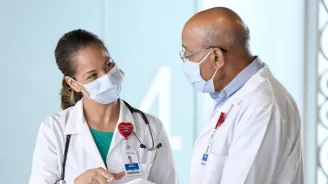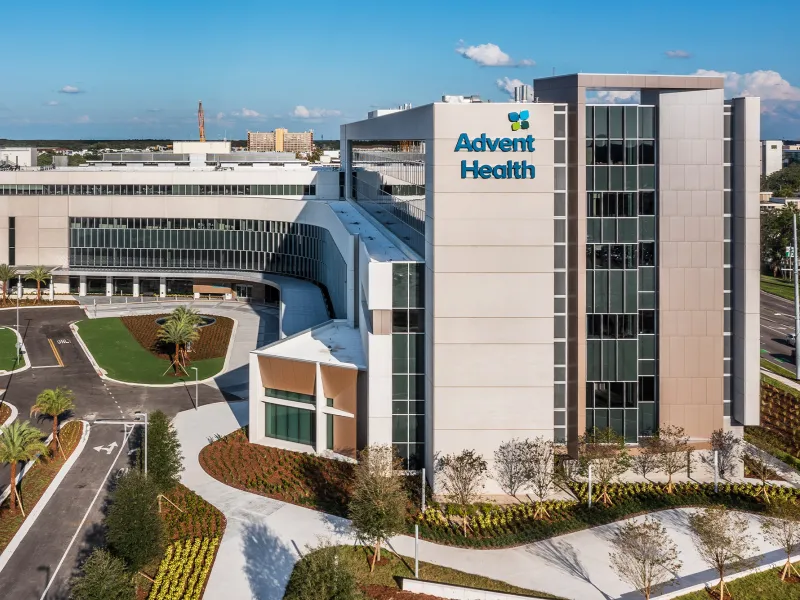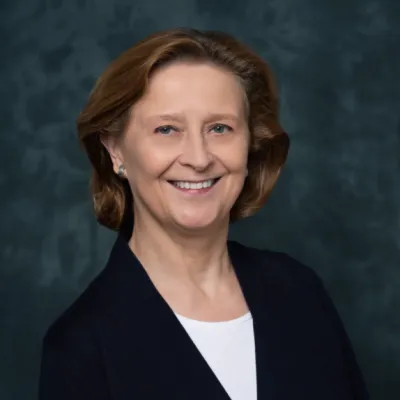
Welcome From the Program Director
Welcome to the Internal Medicine Residency Program at AdventHealth in Tampa, where excellence in medical education and patient care is our top priority. Our program is rapidly growing, with the goal of becoming a full three-year program in the near future and expansion to more than 100 learners in 2028 through IM, TY, GS, OBGYN residencies, and Cardiology, GI, and CC fellowships. Our residents are a talented, cohesive, hard-working, and supportive group who truly enjoy working together.
At AdventHealth, we believe in providing whole body care - addressing not just the physical health of our patients, but also their mind and spirit. Respect and Professionalism is a core value in our program, for us, for our patients, and for the entire healthcare team. We expect our residents to treat others with respect, regardless of their background or position. In our collegial atmosphere, learning and growth thrive.
Our program follows a 4+1 schedule, offering a mix of rotations and protected clinic time to ensure a well-rounded educational experience. We have a night float system for admissions and floor coverage, allowing residents to focus on patient care without on-call duties. Our inpatient workflow is carefully structured to provide a balance of autonomy and supervision, ensuring residents are well-prepared for their future careers.
If you are a dedicated, ambitious medical student looking for a residency program that will challenge and support you in equal measure, we encourage you to apply to the AdventHealth Internal Medicine Residency Program in Tampa. Expect to graduate from a highly accredited program, exceptionally well-trained and ready to make a difference in the field of internal medicine.
Claudia Kroker-Bode, MD, PhD, FACP
Program Director
About Our Program
At AdventHealth, we believe in providing whole body care - addressing not just the physical health of our patients, but also their mind and spirit. Our residents are a talented, cohesive, hard-working, and supportive group who truly enjoy working together. We are rapidly growing, with the goal of becoming a full three-year program in the near future.
-
Expectations and Values
We value professionalism, ethics, honesty, and strong work ethic. We expect our residents to approach their training with a willingness to learn, grow, and work hard to achieve their goals. In return, we promise to provide you with a supportive and nurturing environment where you can thrive and develop into a confident and competent practitioner.
-
Our Philosophy
Our program philosophy centers around whole body care - addressing not just the physical health of our patients, but also their mind and spirit. Residents are placed in challenging clinical settings that require increasing levels of responsibility; all while being supported by experienced faculty who are passionate about teaching. We encourage resident autonomy in patient care, but always provide guidance and support every step of the way.
Resident Experience
Welcome to our Internal Medicine Residency Program! We're thrilled to share a unique glimpse into our vibrant community through a special video created entirely by our own residents. This heartfelt presentation captures the essence of our program, showcasing the camaraderie, dedication, and passion that define our culture. As you watch, you'll get a firsthand look at the supportive environment we foster, where learning and growth thrive. Join us in experiencing the spirit of our residency and see why we believe it's an extraordinary place to embark on your medical journey.
A special thanks goes to Dr. Orlando Telleria for filming, editing, and producing this video for you all.
What We Have to Offer
Advancing patient care through cutting-edge, patient-focused research: That’s our mission at the Dr. Kiran C. Patel Research Institute where we oversee dozens of research studies every year across many clinical disciplines. Finding tomorrow’s breakthrough medical treatments and advancements starts with today’s research.
AdventHealth Research Institute
AdventHealth Pepin Heart Institute is nationally recognized for heart and chest pain care by the American Heart Association, the Joint Commission, and the Society of Cardiovascular Patient Care.
The Institute works to provide patients better care every day. Consistently among the first in the nation to perform new procedures such as the Transcatheter Aortic Valve Replacement (TAVR) and the Watchman Procedure, patients at the institute have access to the most recent advances in medicine — bringing you new therapies and technologies before they’re widely available.
To better serve our patients, AdventHealth Pepin Heart Institute’s physicians, nurses, technicians, and staff have worked for more than 20 years to create one of the leading cardiovascular programs in the region. Together they’ve performed over 76,000 angioplasty procedures and over 11,000 open-heart surgeries.
AdventHealth Pepin Heart Institute
The Taneja Center for Surgery brings these new features to AdventHealth Tampa:
- 96 new private patient rooms upon opening, with space to add 36 more
- 24 beds will be Intensive Care level; the remaining 72 will be PCU level
- 18 spacious and state-of-the-art operating rooms upon opening, with space to add six additional ORs
- 72 new pre- and post-op rooms, with space to add 23 additional rooms
- Estimated 117 new clinical jobs created in year one, with 587 new jobs by year five, helping our local economy
- 300,000+ additional square feet (adding to the 1 million square feet on our existing campus)
- Six brand-new floors
- A new main entrance to the hospital, which includes a two-story atrium and lobby with various first-floor amenities
Taneja Tower Flyover

Curriculum and Experience
Our curriculum is carefully designed to meet the requirements of the Internal Medicine Curriculum Residency Review Committee (RRC) of the ACGME, providing a balanced experience in both ambulatory and inpatient settings. By the end of our three-year program, residents leave as skilled and confident practitioners ready to tackle major acute and chronic diseases. Residents can expect top-notch medical education, hands-on clinical experience, opportunities for research and scholarly activities, and mentorship from experienced physicians.
Quality improvement and scholarly activities are integral parts of our program, giving residents the opportunity to make a real impact in healthcare. With outstanding subspecialists and supportive nurses, residents feel like a vital part of a compassionate hospital team.
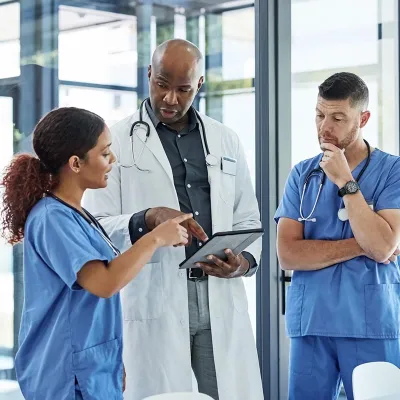
Advantages of our Program
We follow a 4+1 schedule, consisting of 4 weeks of rotations followed by 1 week of protected clinic time. There are no "on-call" duties in our program - a night float system for both admissions and floor coverage is in place from Monday to Sunday with a Back Up system. Residents have admitting days instead of on-call duties, ensuring a more balanced workload. We also offer vacations and comply with ACGME requirements for maternity and paternity leave.
Why Join Us?
If you are a dedicated, ambitious medical student looking for a residency program that will challenge and support you in equal measure, we encourage you to apply to the AdventHealth Internal Medicine Residency Program in Tampa. Expect to graduate from a highly accredited program, exceptionally well-trained and ready to make a difference in the field of internal medicine.
Program Information
- Eligibility
-
What You'll Need
An applicant must meet specific qualifications to be eligible for appointment to our program, including:
- Graduation from a medical school in the United States or Canada accredited by the Liaison Committee on Medical Education (LCME) or from an acceptable medical school outside the US or Canada with a valid ECFMG certificate.
- · Fluency in spoken and written English
- · Eligibility for an Intern/Resident Physician Medical License from the Florida Medical Board
- · Successful completion of Step 1, Step 2 CK and CS on the first attempt are also required.
- Benefits
-
For more information on the many benefits offered across all programs, click here.

Application Process
Applications must be submitted via ERAS and should include:
- CV
- Personal statement
- Photograph
- Dean's Letter
- Three Letters of Recommendation from American Rotations
- Medical School Transcript
- MSPE
AdventHealth Internal Medicine Residency Program in Tampa only accepts applications through ERAS and fills all positions in the National Residency Matching Program (NRMP).
Program Leadership

Claudia Kroker-Bode, MD, PhD, FACP
Program Director
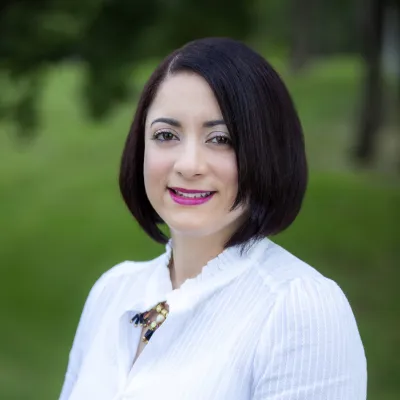
Lidia Maria Sepúlveda, MD
Associate Program Director
Inpatient Management and Chair
Clinical Competency Committee
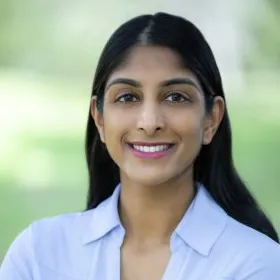
Mounica Banala, MD
Core Faculty
Chair, Program Evaluation Committee
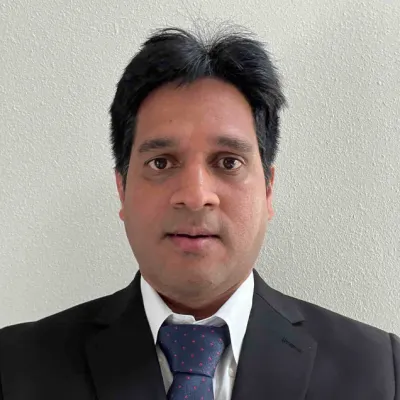
Raj Gummalla, MD
Core Faculty
Director, Mentorship and Wellness
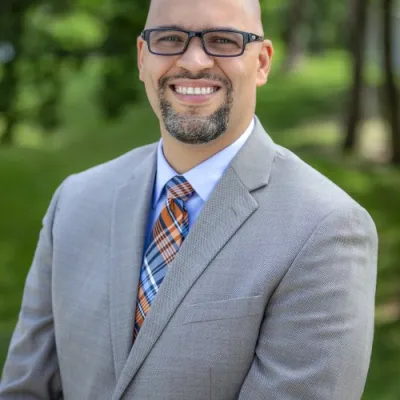
Carlos Santos, MD
Core Faculty
Director, QI and Patient Safety
Teaching Faculty
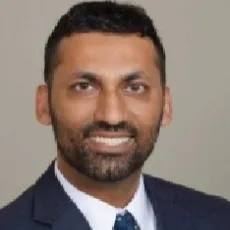
Faheem Ahmad, MD
Inpatient Medicine
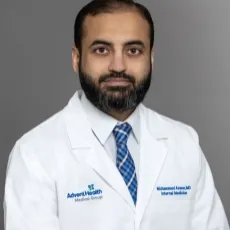
Muhammad N. Anwar, MD
Program Director, Transitional Year Residency
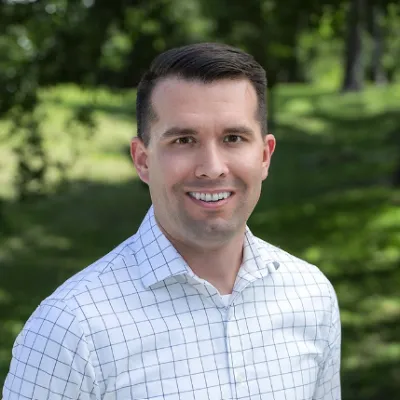
Ryan Brink, DO
Inpatient Medicine
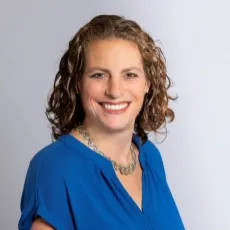
Leila Durr, PhD
Director, Physician/APP
and Resident Well-Being
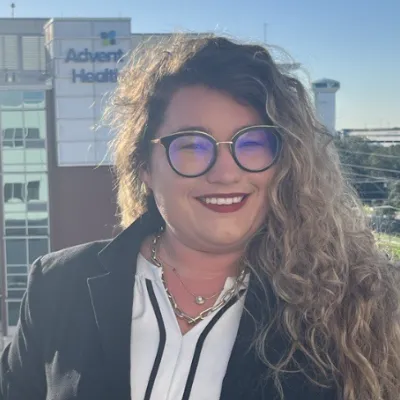
Chloe Martin, MSN, RN, CCRN, CHSE, CHSOS
Director
Simulation Center
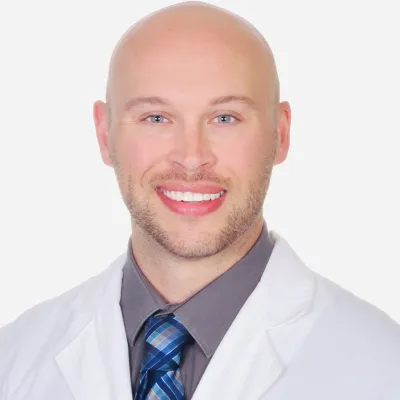
Kenneth Snell, MD
Critical Care Medicine
and Pocus Education
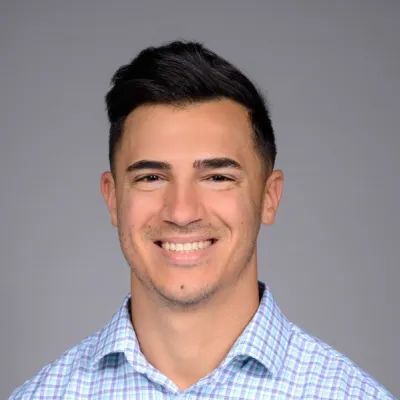
James Vernace, MD
Inpatient Medicine
Core Faculty for Transitional Year Residency
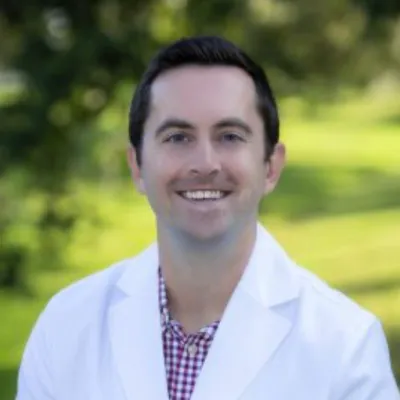
Christopher Yanitchko, DO
Inpatient Medicine
Subspecialist Education Directors
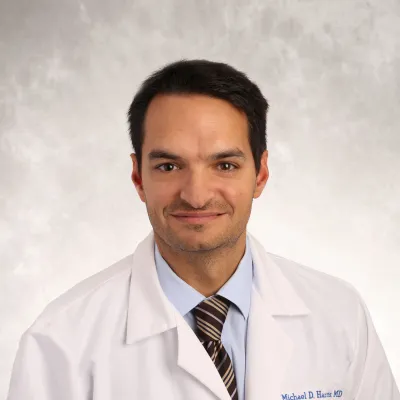
Michael Harris, MD
SEC
Gastroenterology
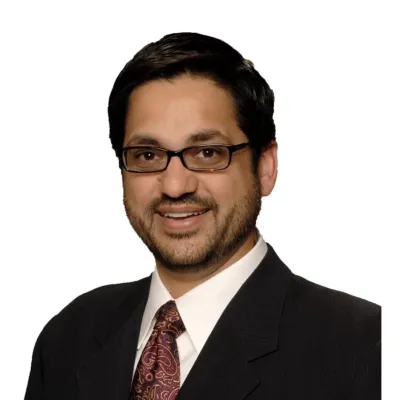
Nadeem Khan, MD
SEC
Infectious Disease
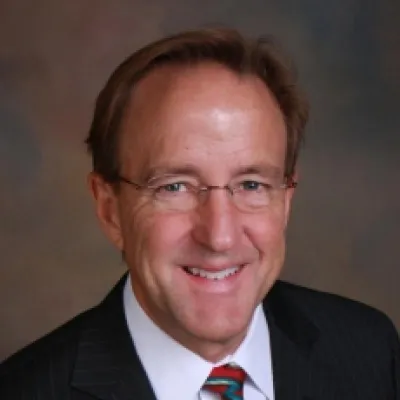
Charles Lambert, MD, MBA, PhD
SEC
Cardiology
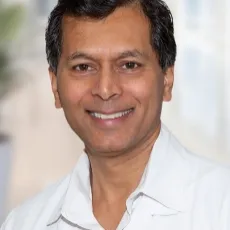
Marian Menezes, MD
SEC
Pulmonary
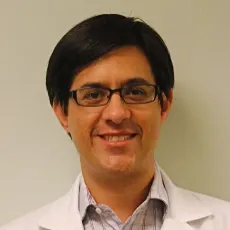
Jason Rothschild, MD
SEC
Nephology
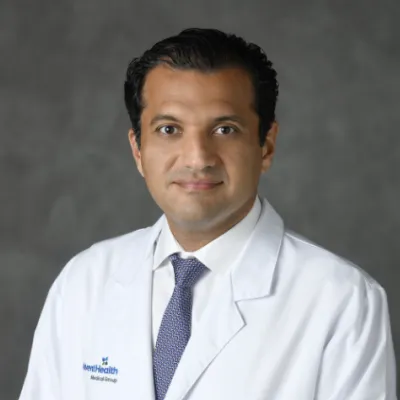
Omid Zad, MD
SEC
Critical Care
Current Residents
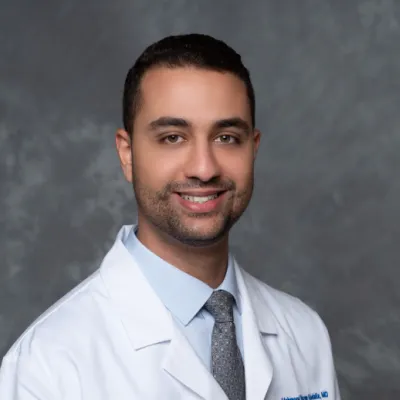
Mahmoud Abdalla, MD
PGY-2
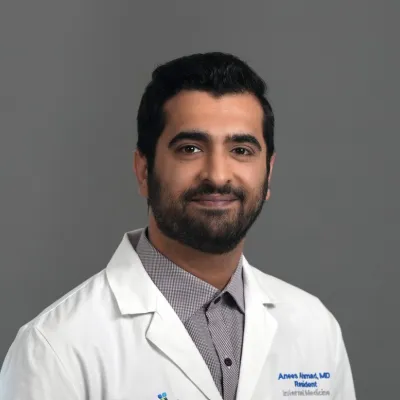
Anees Ahmad, MD
PGY-2
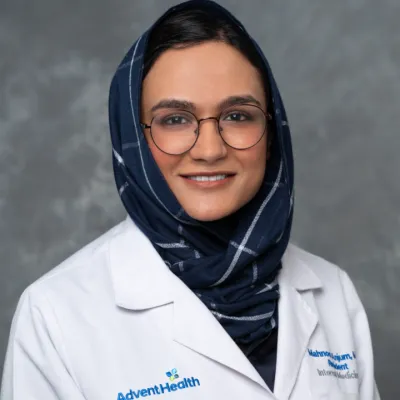
Mahnoor Anjum, MD
PGY-2
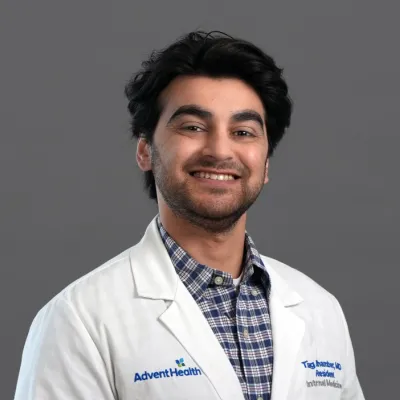
Tiagpaul Bhamber, MD
PGY-2
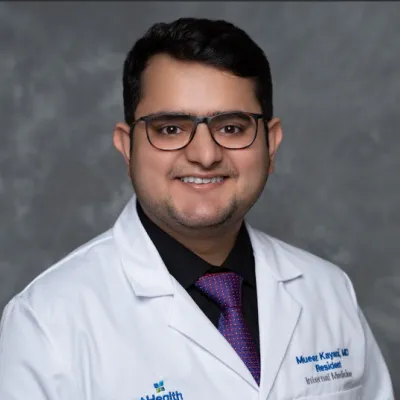
Abdul M. Kayani, MD
PGY-2
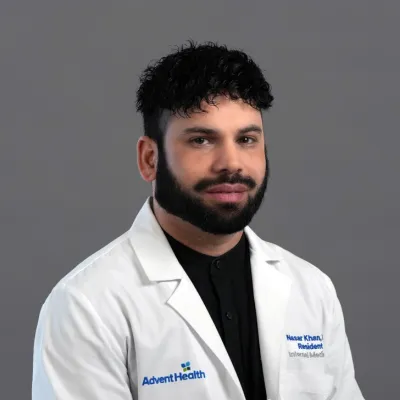
Nasar Khan, MD
PGY-2
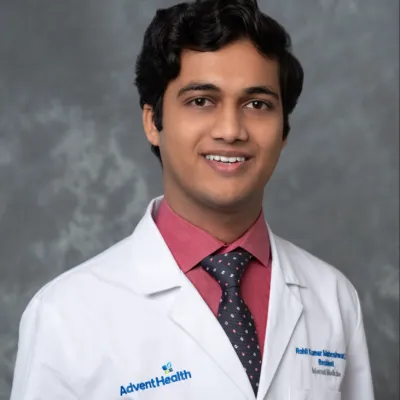
Rohit K. Maheshwari, MD
PGY-2
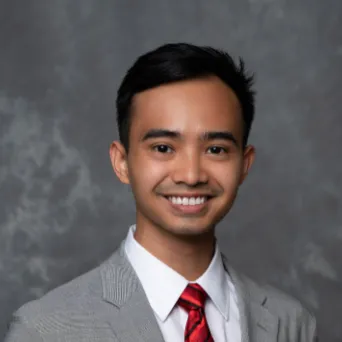
Joelian A. Mislay
PGY-2
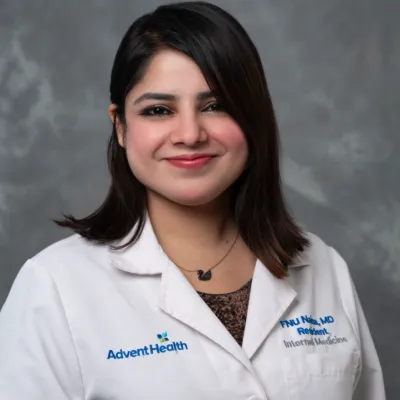
FNU Naina, MD
PGY-2
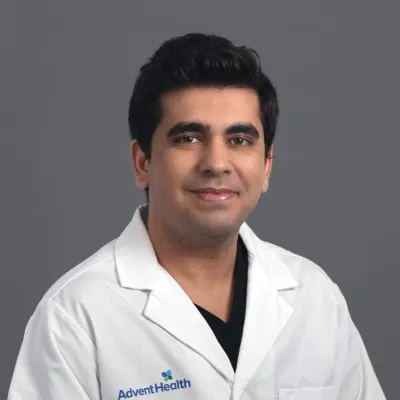
Muhammad A. Rashid, MD
PGY-2
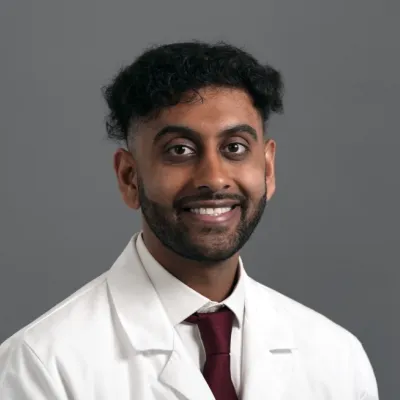
Vipul Reddy, MD
PGY-2
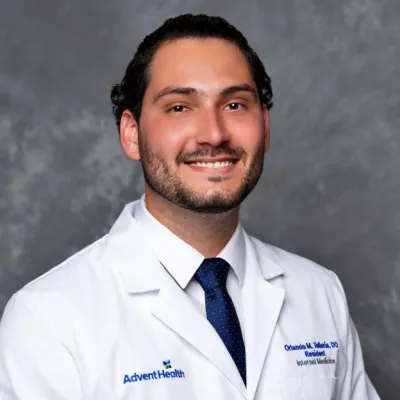
Orlando Telleria, DO
PGY-2
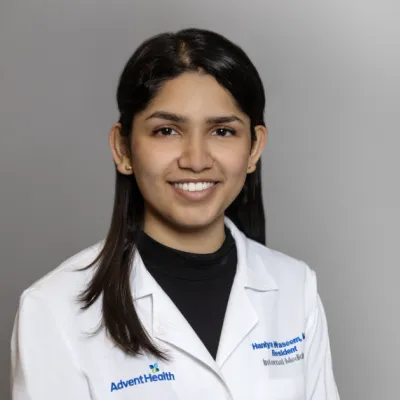
Haniya Waseem, MD
PGY-2
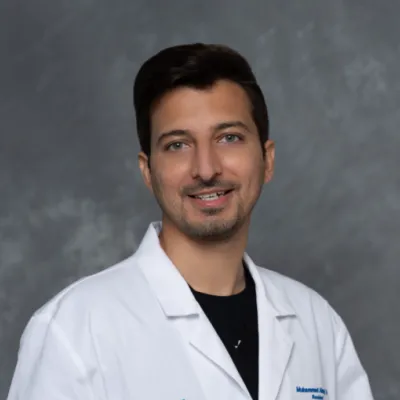
Muhammad Ahmad, MD
PGY-1
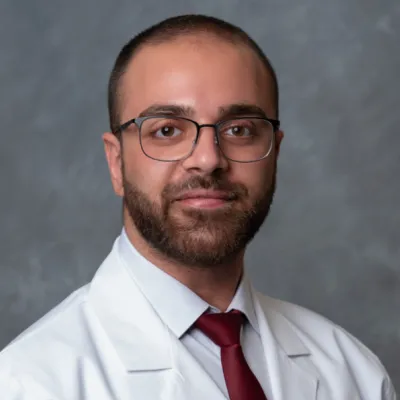
Bakr Alhayek, MD
PGY-1
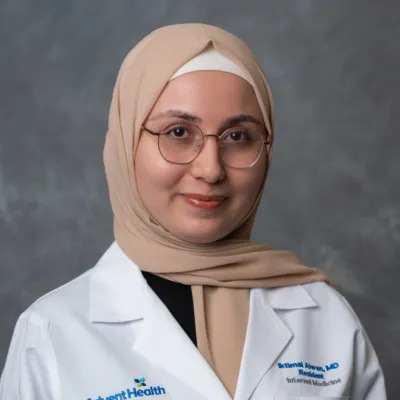
Iktimal Alwan, MD
PGY-1
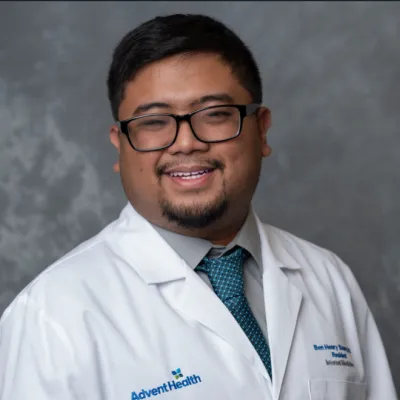
Ben H. Baang, MD
PGY-1
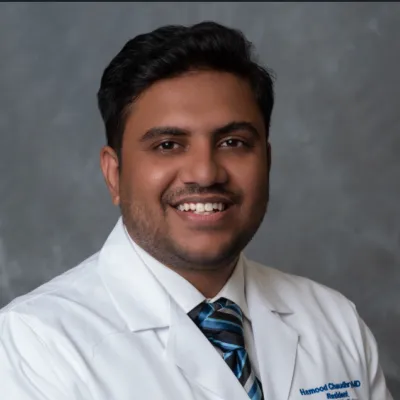
Hamood Ur R. Chaudhry
PGY-1
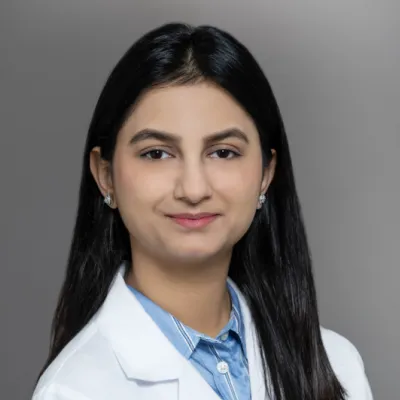
Ariba Khan, MD
PGY-1
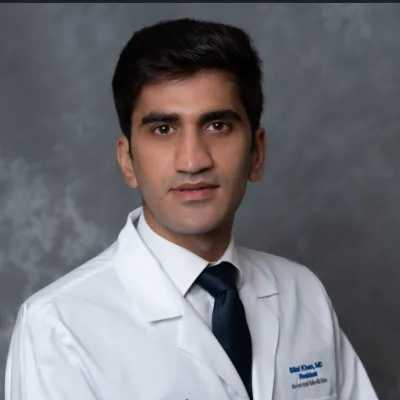
Bilal Khan, MD
PGY-1
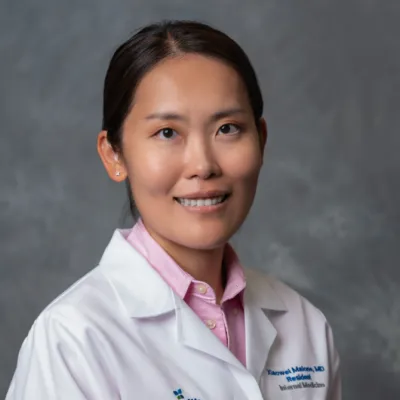
Xiawei Malone, MD
PGY-1
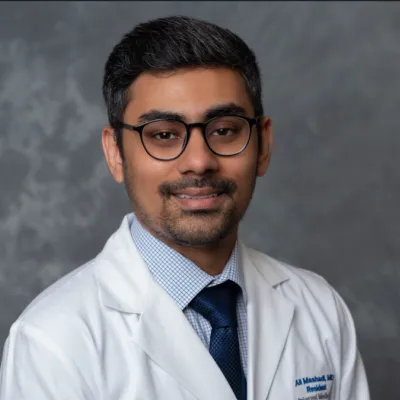
Ali Mashadi, MD
PGY-1
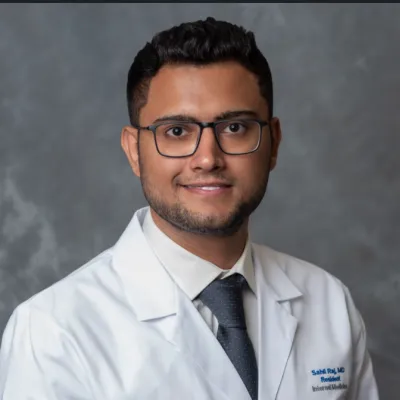
Sahil Raj, MD
PGY-1
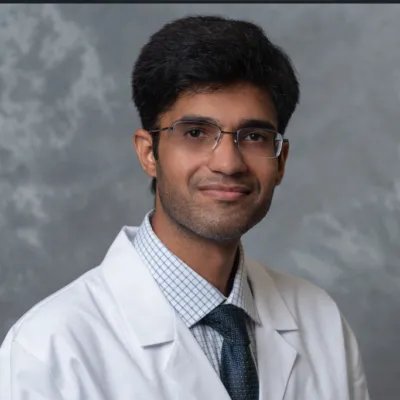
Muhammad Umair, MD
PGY-1
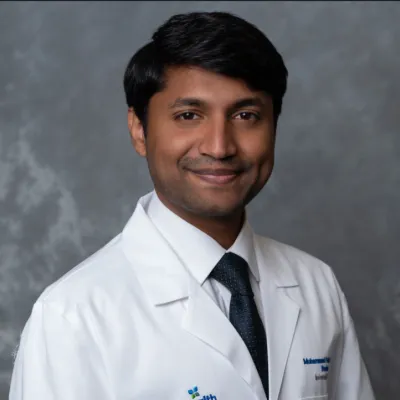
Muhammad F. Umar, MD
PGY-1
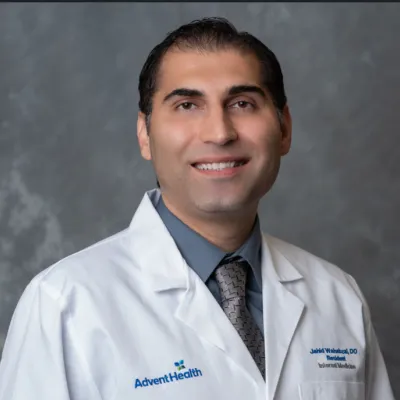
Jahid Wahabzai, DO
PGY-1

